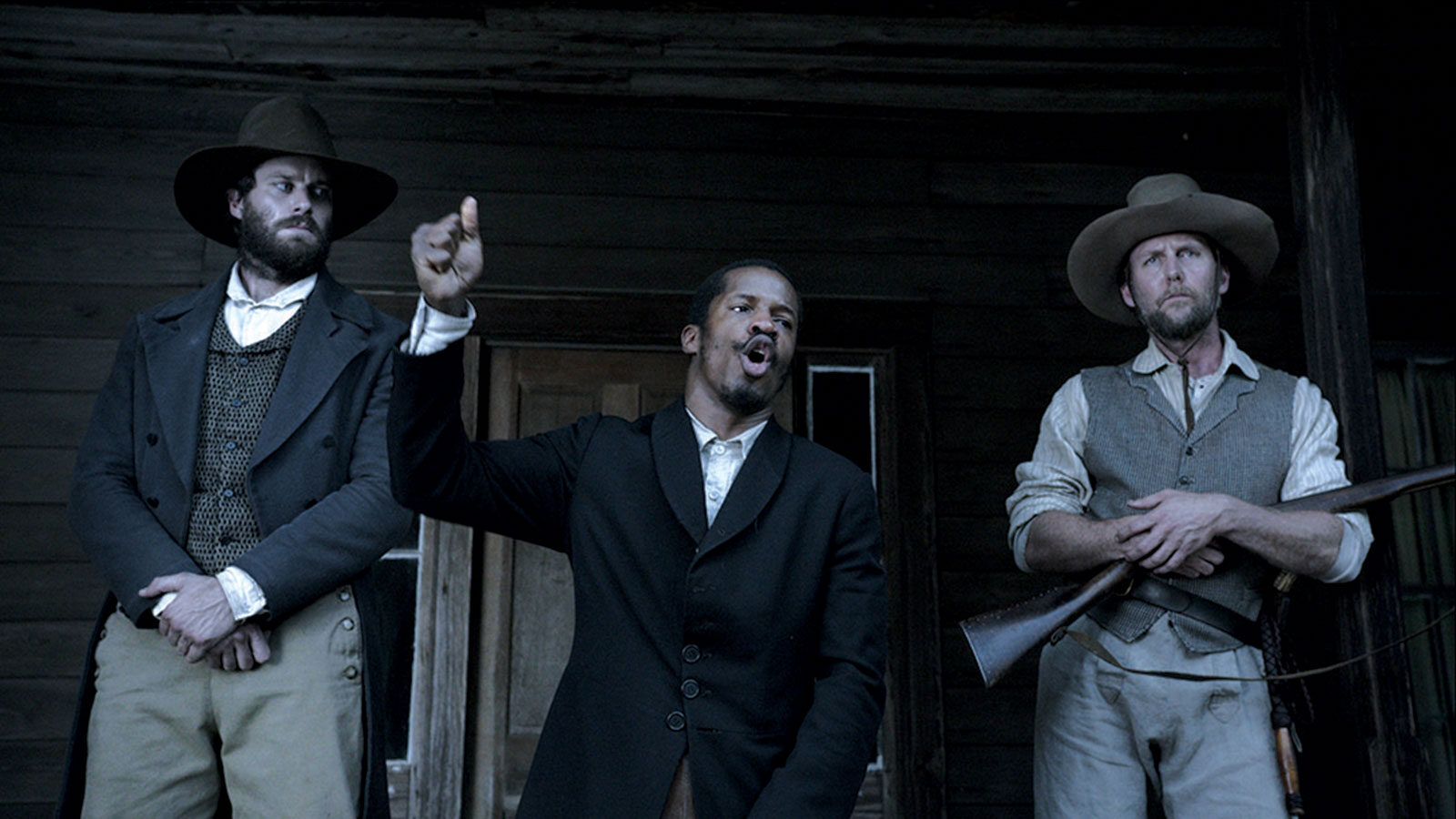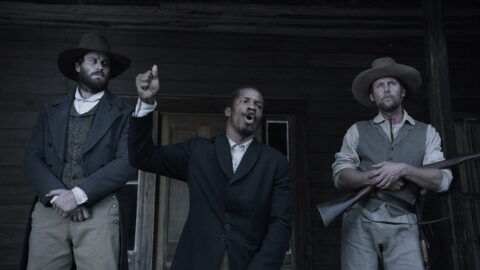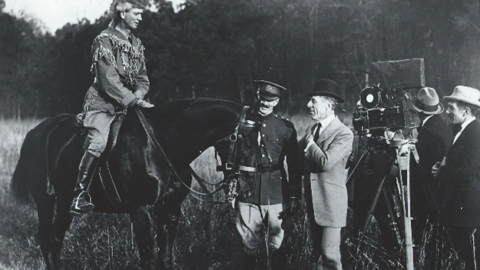By Michael Koresky in the September-October 2016 Issue

Short Takes: The Birth of a Nation
(Nate Parker, USA, Opening October 7)
Sundance smash The Birth of a Nation, like any movie, deserves to be considered for its craft rather than its buzz or controversy. So, then: Parker’s dramatization of the 1831 rebellion of Virginia slave Nat Turner is impressively mounted, unimaginatively directed, and dubiously conceived—provocative in title only. Parker’s glossy hagiography stars the director himself as the fiery leader of the most notorious race revolt in pre–Civil War American history, often rendered in righteous slow-motion. Yes, Nat Turner’s story is one that needs to be told, but savvy marketing will tell us it has to be told right now.

From the September-October 2016 Issue
Also in this issue
Apparently made in tribute to bad 1990s epics, The Birth of a Nation boasts Braveheart battles and a Legends of the Fall score and doesn’t offer a single original visual idea. Filled with gruesome violence and gorgeous men sporting bad teeth (Parker and Armie Hammer, cast as his white childhood friend turned initially-sympathetic-but-ultimately-sadistic owner), this stylized veneration constantly equates Turner (and thus, Parker—gasp) with Christ, which proves to not lift him to deity-level as much as weigh the character down with a burdensome cross to bear (he even gets touched by an actual angel in the film’s climactic martyrdom sequence).
It’s almost amusing to think how criticized 12 Years a Slave was from some quarters for its alleged aestheticizing of atrocity in light of Birth of a Nation’s elevation of genocidal horrors to the realm of the mythic: in an almost pornographically literal move, Nina Simone’s “Strange Fruit” accompanies the “poetic” image of a lynched child with a butterfly fluttering on his chest.





